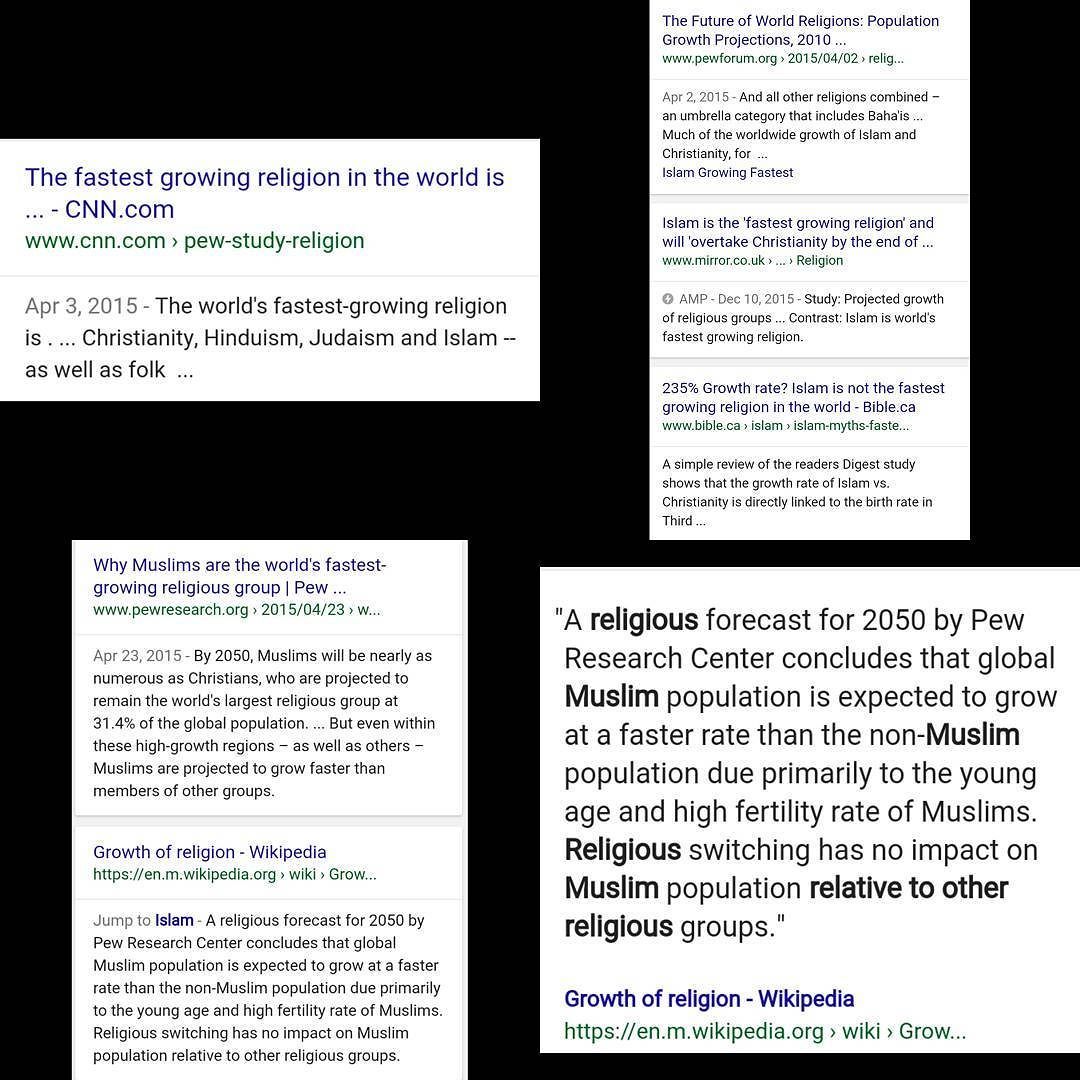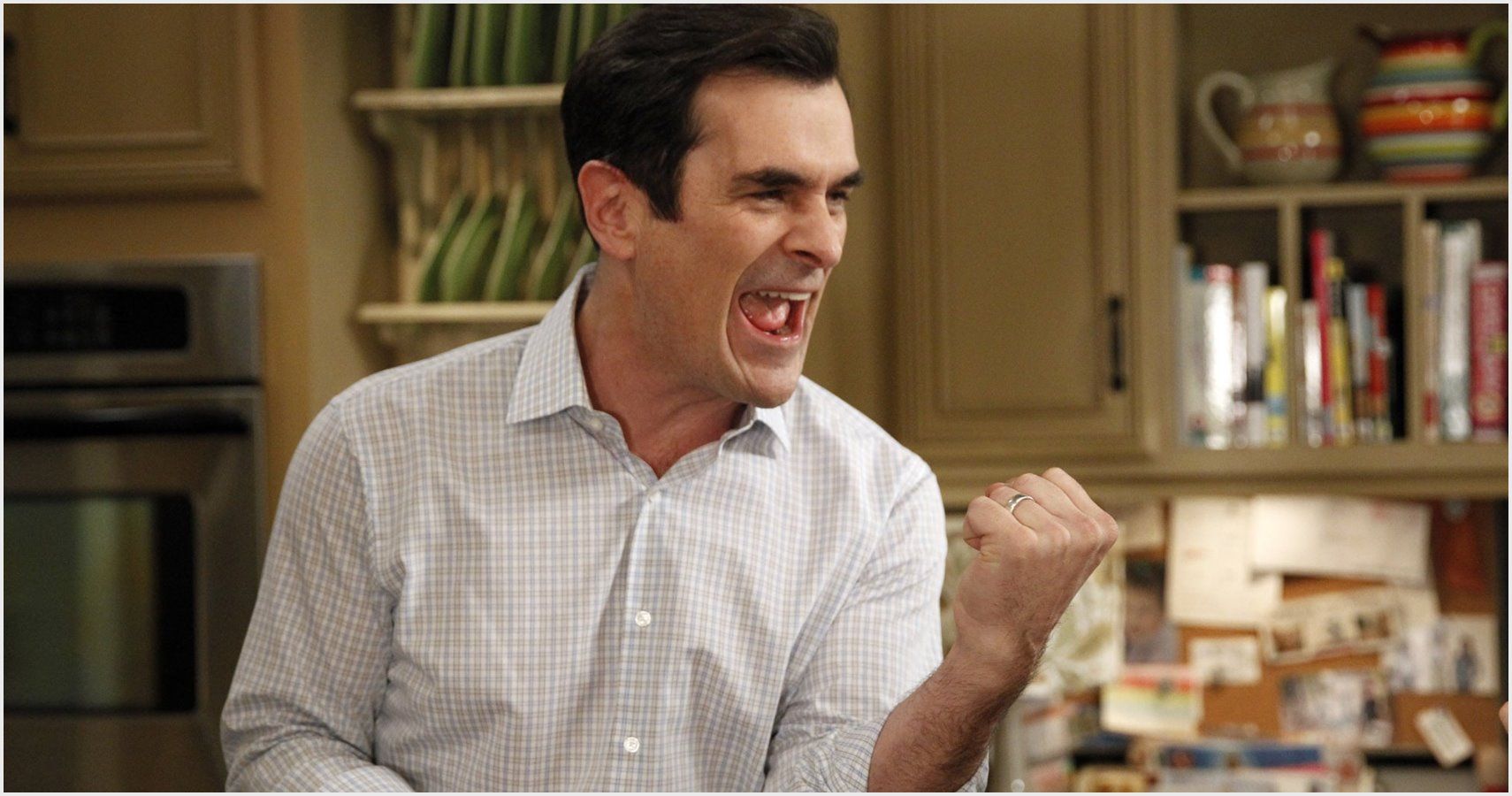Understanding Khabib Nurmagomedov’s Faith: How Islam Shapes a Champion’s Life and Legacy
Introduction to Khabib Nurmagomedov’s Faith
Khabib Nurmagomedov, former UFC lightweight champion and international sports icon, is widely recognized not just for his undefeated record in mixed martial arts but also for his unwavering commitment to his religion. His faith is a central part of his identity, influencing his decisions, public persona, and the respect he commands both within and outside the sporting world. This article explores Khabib’s religious background, how his beliefs inform his actions, and what it means for fans, aspiring athletes, and the broader public seeking to understand the role of faith in his life.

Source: animalia-life.club
Khabib’s Religious Background
Khabib Nurmagomedov is a devout Sunni Muslim from the Republic of Dagestan in Russia. He was raised in a region known for its deep-rooted Muslim traditions and has been open about how his upbringing and faith have shaped his character and career. As the first Muslim to win a UFC title, Khabib’s visibility as a practicing Muslim in the world of professional sports is significant and has made him a role model for countless young fans worldwide. [2]
How Islam Shapes Khabib’s Life and Career
Khabib’s adherence to Islamic principles is evident in both his professional and personal life. He openly attributes his success, discipline, and moral outlook to his faith, stating that Islam has helped him become a better person, a good family man, and a responsible community member. After each victory, Khabib is known for thanking God, which is an integral aspect of his public persona. [1]
One of the practical ways Khabib’s faith influences his career is through his observance of Ramadan, the Islamic month of fasting. During this period, he adjusts his training schedules to align with religious practices, demonstrating how his devotion takes precedence over professional commitments. This approach has resonated with many fans, who see him as an example of how faith and ambition can coexist. [1]
Public Representation and Religious Pride
Khabib has spoken candidly about his pride in representing Islam on a global stage. He acknowledges that some people may be uncomfortable with his openness about his religion, but he remains unapologetic, insisting that his faith has made him who he is today. He encourages others not to be shy about their beliefs and to live by the values taught in their faith. [1]
His actions, such as refusing to shake hands with women out of religious respect, have sparked discussions in the media and among fans. For Khabib and many who share his beliefs, such gestures are not about exclusion but about adhering to principles of respect and discipline prescribed by Islam. [3]
Real-World Examples of Khabib’s Faith in Action
One of the most notable instances highlighting Khabib’s commitment to his faith occurred when he declined a handshake from a female television anchor, in accordance with Islamic teachings against physical contact with women outside one’s family. This moment was widely discussed and, while criticized by some, was praised by others as an authentic expression of his religious convictions. [3]
Another example is his public refusal to train with female fighters, again based on religious guidelines. Many observers see these actions as reflections of his integrity and consistency, reinforcing his image as a “true ambassador of Islam” in the athletic world. [3]
Guidance for Fans and Researchers Seeking More Information
If you wish to learn more about Khabib’s religious beliefs and their impact on his career, you can:
- Follow his official social media channels for direct updates and personal reflections.
- Search for interviews and documentaries on major platforms such as YouTube, using terms like “Khabib Nurmagomedov interview faith” or “Khabib religion.”
- Consult reputable news outlets and sports journalism websites for in-depth profiles and analysis of his life and beliefs.
- Explore community discussions on forums and social media to gauge public perspectives and responses to his religious expressions.
Due to the absence of any official, central resource dedicated solely to Khabib’s faith, these approaches can provide a comprehensive understanding through multiple viewpoints and primary sources.

Source: animalia-life.club
Challenges and Misconceptions
Khabib’s visible adherence to Islamic practices has sometimes led to misunderstandings or criticism, especially in contexts unfamiliar with Muslim customs. For example, his refusal to engage in certain social norms, such as handshakes with women, may be misinterpreted as disrespect when, in fact, it stems from deeply held religious principles. Khabib addresses these challenges by remaining respectful and explaining his actions whenever possible, emphasizing that his faith teaches kindness, honesty, and good character. [3]
For those looking to understand or navigate similar cultural or religious boundaries, it is important to approach such differences with openness and a willingness to learn. If you have specific questions about Islamic customs, consider reaching out to local Islamic centers, religious scholars, or using well-established online resources from recognized organizations.
Alternative Approaches to Learning About Khabib’s Faith
In addition to direct sources, you might explore:
- Academic articles or university lectures on Islam’s role in modern sports.
- Books about Muslim athletes and their integration of faith and career.
- Public talks or podcasts featuring religious leaders and sports figures discussing faith in professional life. For example, the Lex Fridman Podcast with Omar Suleiman discusses Khabib’s role as a representative of Islam. [4]
These resources can offer broader context and deeper insight into how religious identity shapes the experiences and choices of high-profile individuals like Khabib.
Key Takeaways and Practical Steps
Khabib Nurmagomedov’s story demonstrates how commitment to faith can coexist with- and even enhance-professional success. His journey encourages fans and aspiring athletes to embrace their identities, remain true to their values, and approach challenges with discipline and integrity.
If you are interested in integrating faith into your career or personal pursuits, consider the following steps:
- Identify your core values and let them guide your decisions.
- Seek role models who have balanced faith and achievement.
- Connect with supportive communities that share your beliefs.
- Stay informed by consulting trustworthy sources and engaging with diverse perspectives.
References
- [1] MMAnytt (2022). Khabib opens up about his religion: “Some people don’t like this”.
- [2] Wikipedia (2022). Khabib Nurmagomedov – Wikipedia.
- [3] The Express Tribune (2025). Khabib Nurmagomedov’s sparks praise for Islamic commitment.
- [4] YouTube (2023). Khabib Nurmagomedov’s Muslim faith | Omar Suleiman and Lex Fridman.
MORE FROM cheerdeal.com













